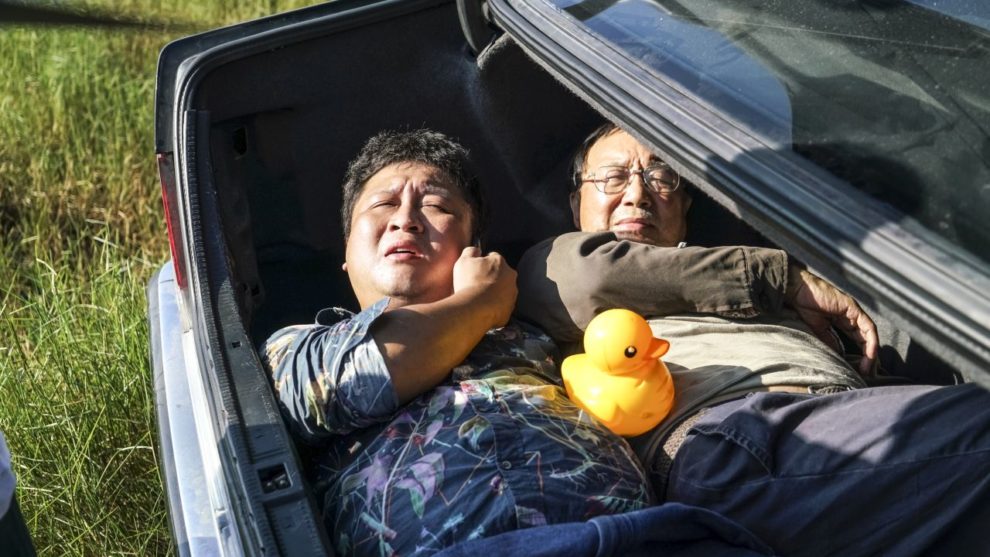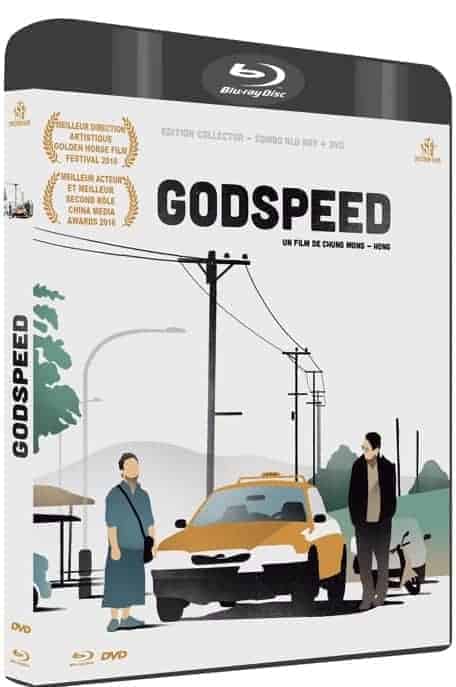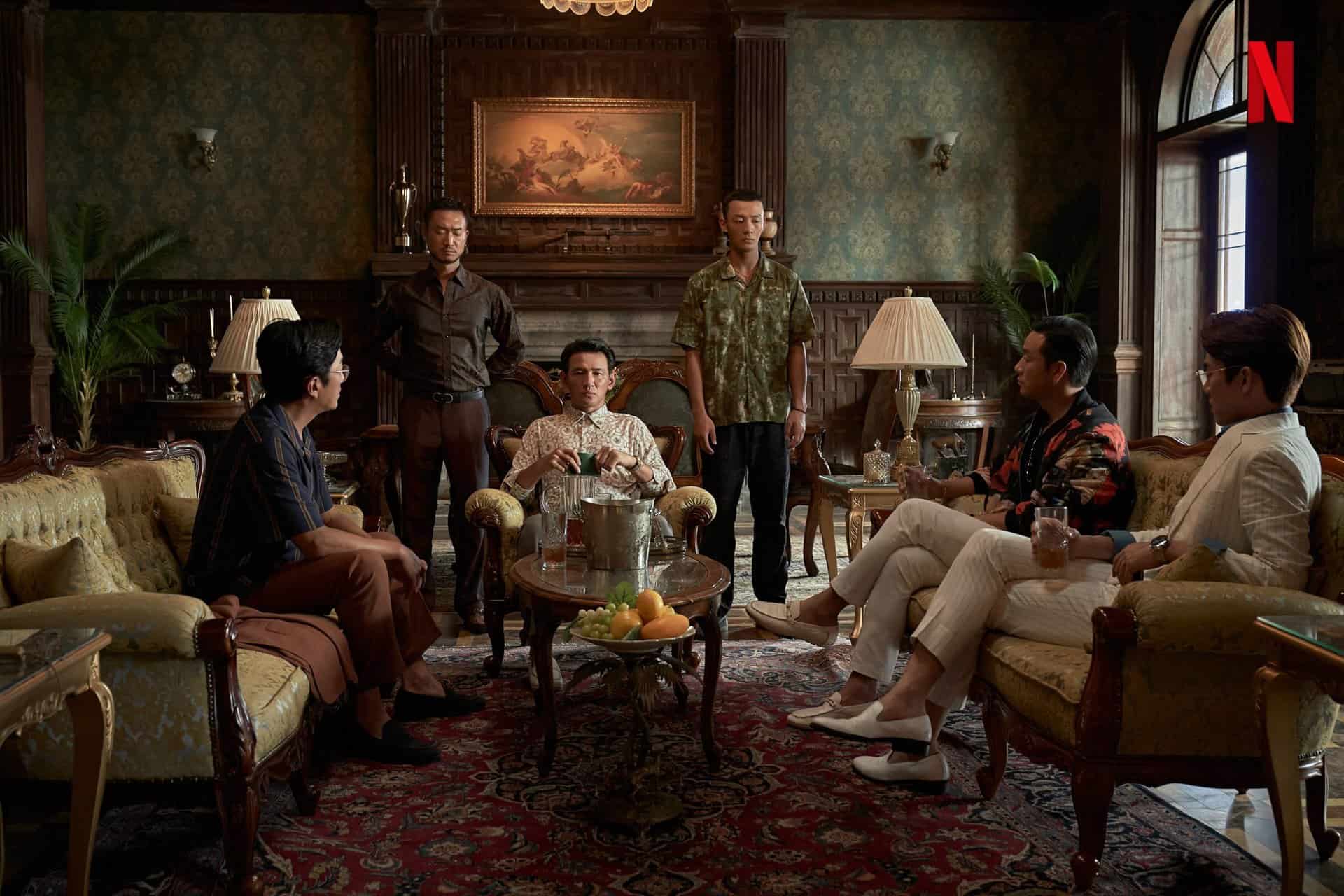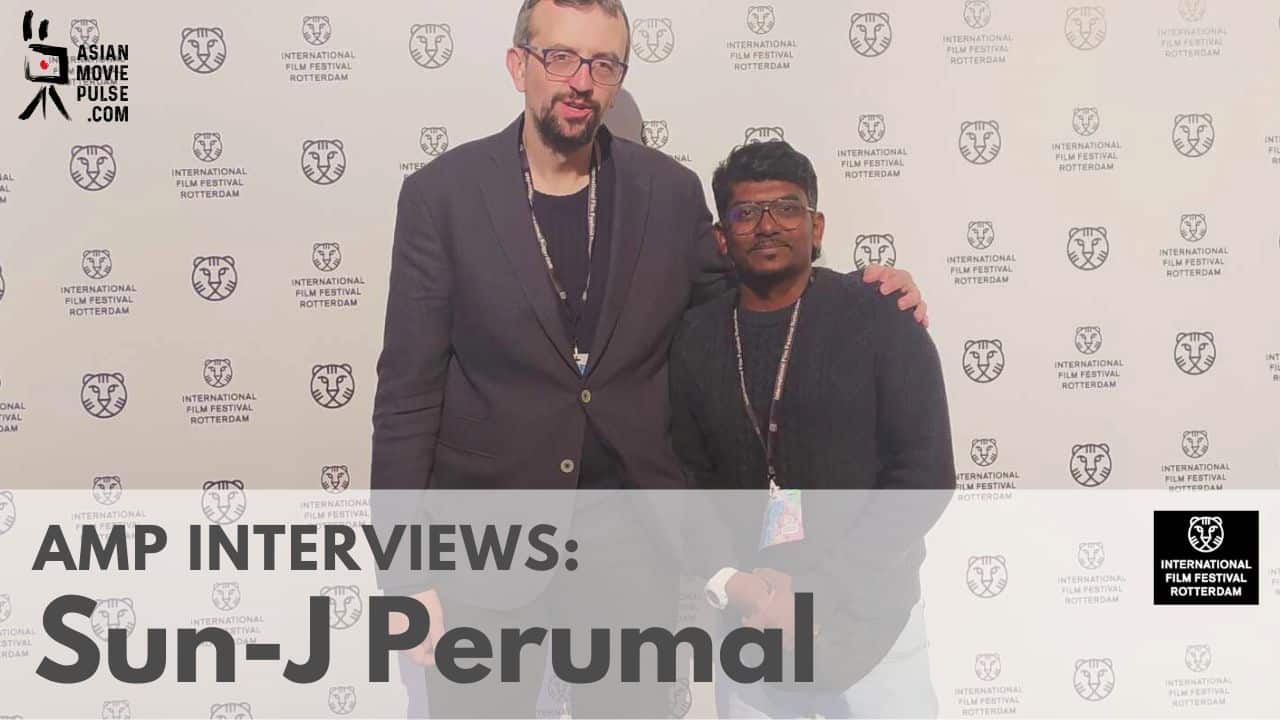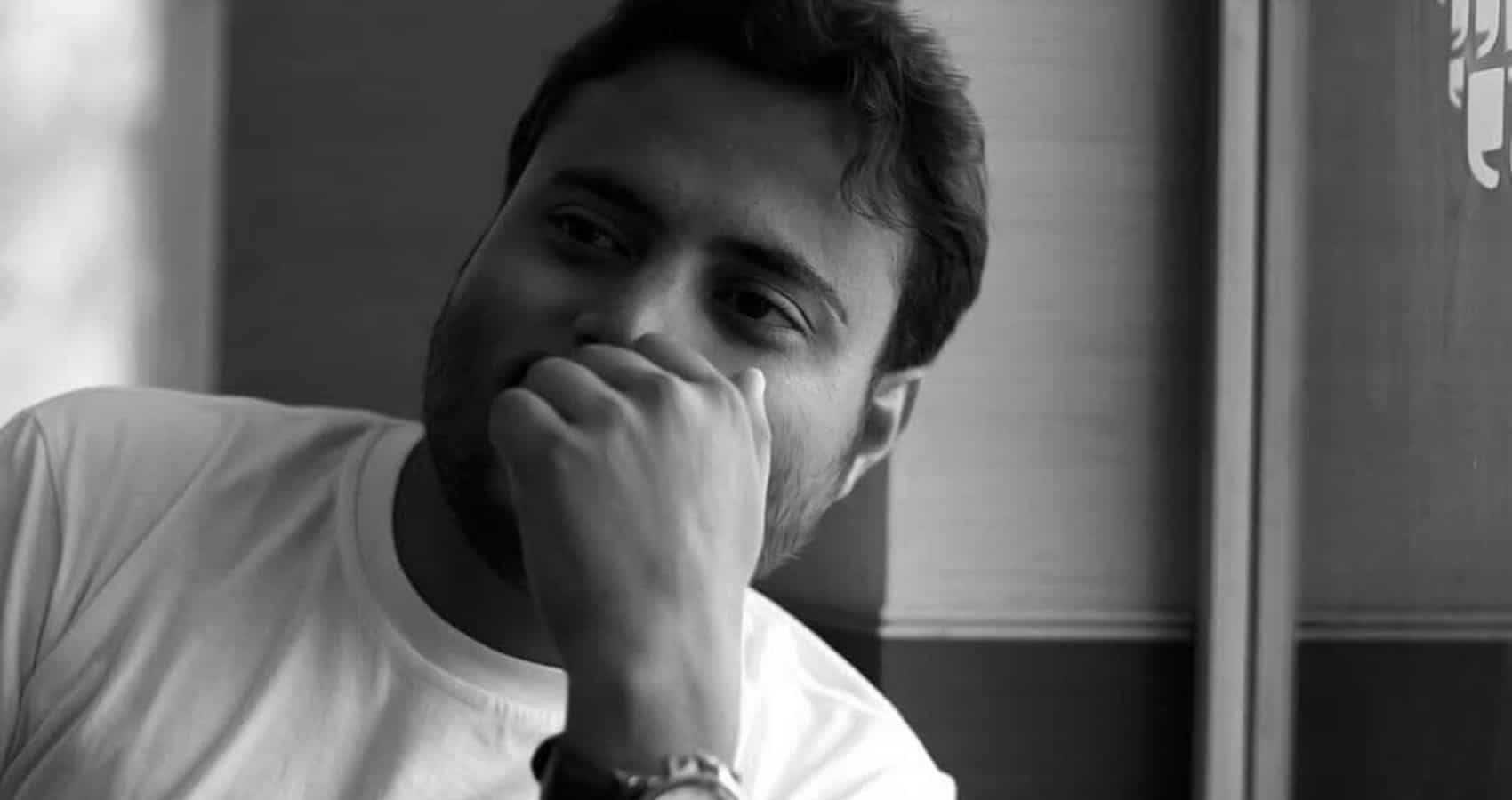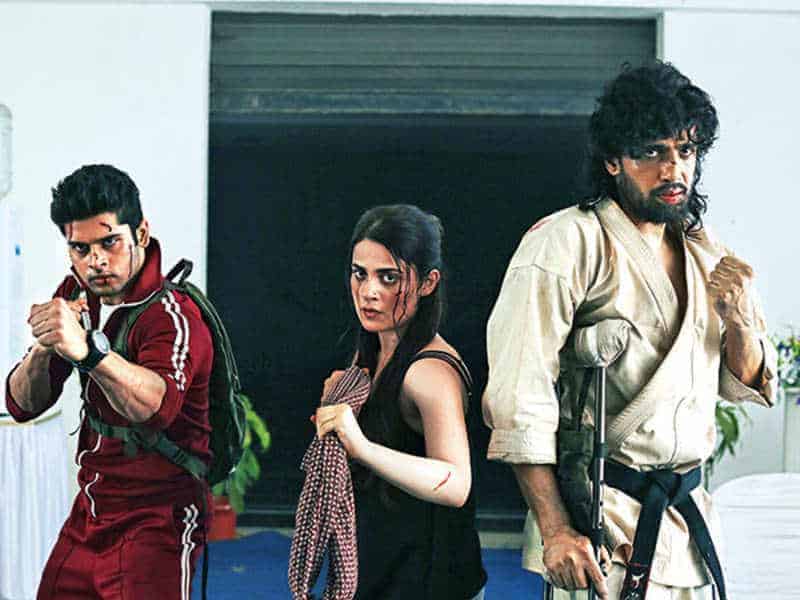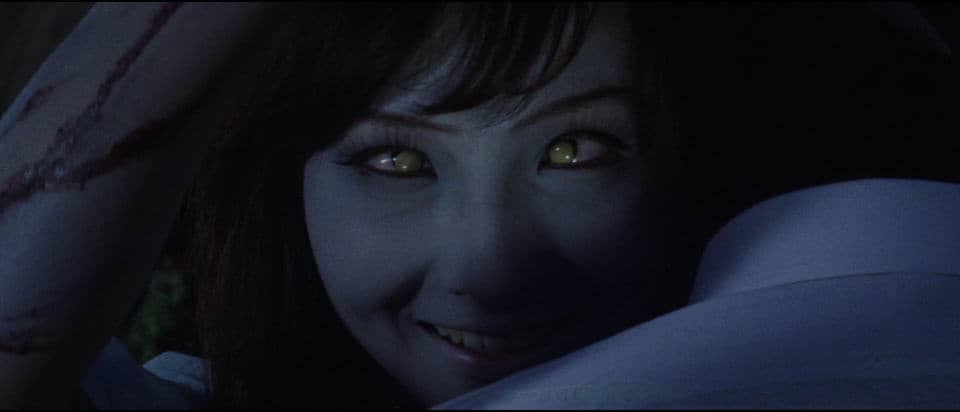Despite the fact that the West mostly knows about Tsai Ming-liang, Hou Hsiao Hsen, Edward Yang and Ang Lee's works, Taiwan is actually home of a rather vibrant movie industry, which produces films of quality of every category. Particularly during the last few years, when Netflix gave local filmmakers a platform for their films to be known all over the world, the aforementioned fact became even more evident, with the audience discovering the quite high level of Taiwanese productions, beyond the aforementioned masters. In that fashion, we chose to highlight 40 of the best local productions, actually including two works by them, which could, though, very easily be omitted.
Without further ado, here are 40 great Taiwanese movies released from 2010 and onwards, with a focus, as always, on diversity
1. A Family Tour (2018) by Liang Ying
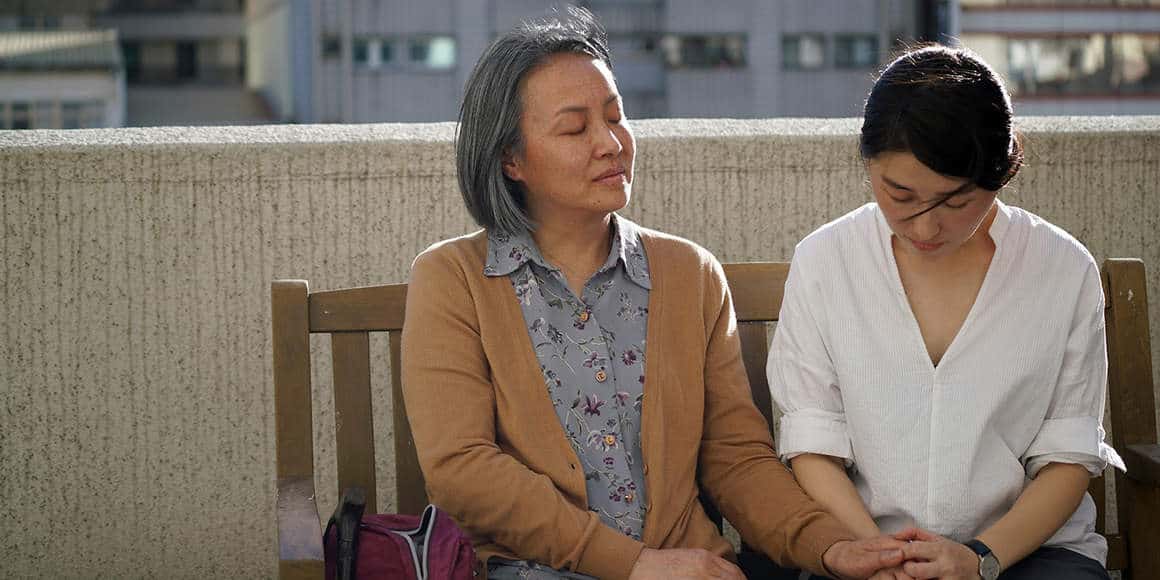
Liang Ying finally releases a vindicating story against censorship and oppression, because when freedom is so limited to the point that to do things as mundane as being able to be with your loved ones when they are having a bad time, you are not able to fulfill that, things aren't working as well as they seem. The brilliant cinematography by Ryuji Otsuka is narrated mainly based on master shots, with hardly any type of movement. Many times we see the family together in the same shot, but it is appreciated that in spite of being together in the frame, what they really are is far away from each other. (Pedro Morata)
2. A Sun (2019) by Chung Mong-Hong
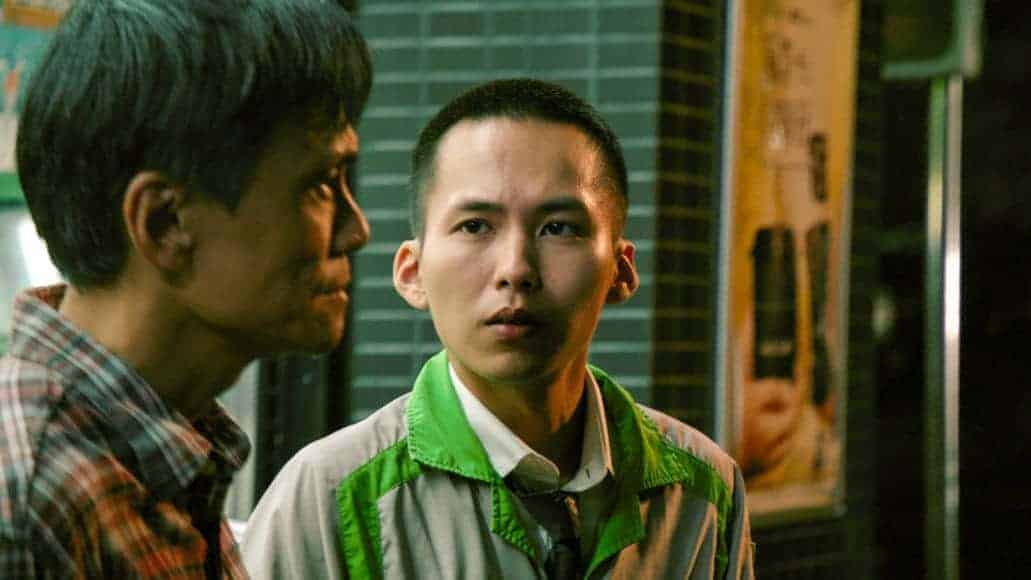
“A Sun” is an epic with many turns and switches. It plays along with melodramatic genre conventions and fully integrates the viewer in its emotional entanglements. The story about a middle-class family and their struggle with the modern world is painful and provoking. Director Mong-Hong Chung slowly builds up his characters and avoids sentimentalism, unlike other representatives. Through visual metaphors, the film expresses a wide range of inner conflicts and portrays the relationship between its protagonists. Especially the jealousy between the brothers and the missing bond between A-Ho and his father are the main breaking points of what could have been a harmonious family life. In these moments “A Sun” manages to survey a deeper feeling of meaning eclipsed with sadness.
3. Alifu, the Prince/ss (2017) by Wang Yu-lin
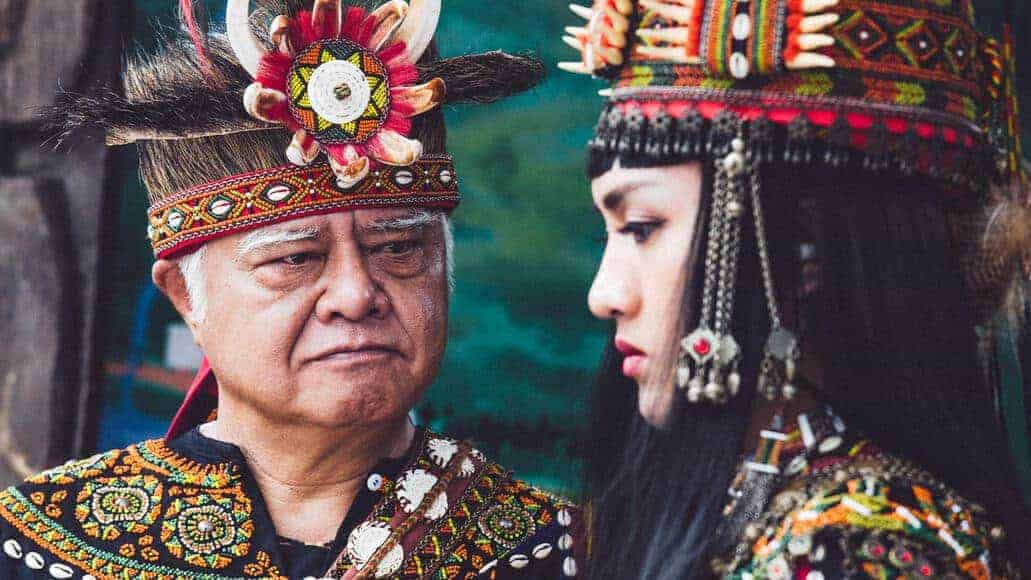
Even though Alifu's story defines the narrative core of the film, the script, which Wang Yu-lin co-wrote, follows other stories and characters as well. However, each of the stories deals with topics such as relationships, love and identity, with various degrees of emphasis. Without going into detail, the cleverly constructed narrative offers many approaches to an overall complex topic, especially given the fact Wang Yu-lin also aims at the troubled link between change and tradition. At times, the sheer weight of the issues the film deals with is quite exhausting for the viewer and more than once the movie seems to drown in the task of bringing these narrative and thematic strands to a conclusion. (Rouven Linnarz)
4. Cities of Last Things (2018) by Wi Ding Ho
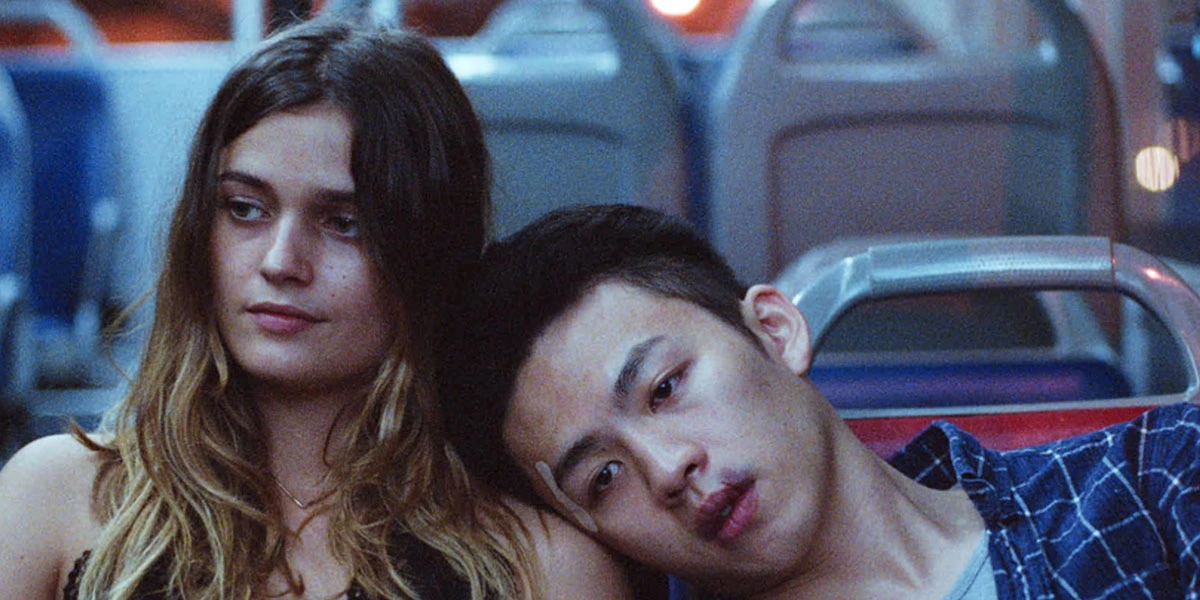
Wi Ding Ho creates a rather analytical portrait of a man whose life was completely ruined due to the women in his life, with the three segments actually revealing him through the interaction with three quite different female presences, that share, however, a common trait: they were lost to him. In terms of narrative, I would say that a number of questions remain unanswered, but in general, the portrait is quite thorough, while the way the various segments are connected (or better, revealed to be connected) is probably the best aspect of Wi Ding Ho's efforts as director and scriptwriter. (Panos Kotzathanasis)

5. Dear Ex (2018) by Chih-Yen Hsu and Mag Hsu
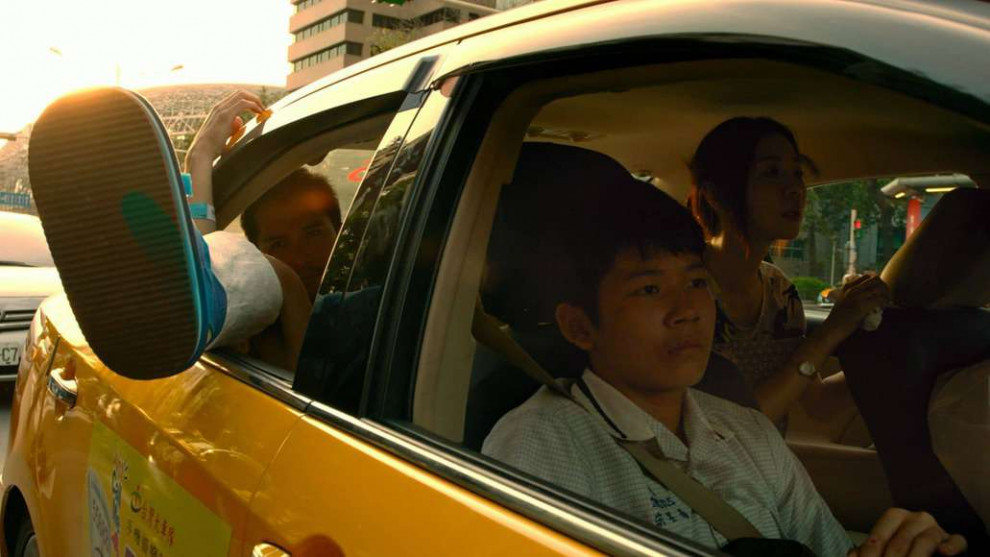
On the surface, “Dear Ex” may be regarded as a TV melodrama and it certainly shares some ground with these in terms of writing and character development. However, during the course of the film you are won over thanks to the visual approach and the performance by Joseph Huang as the frustrated adolescent, constantly at odds with the outside world. Given his classification of the world into the “good guys” and the “bad guys”, part of learning curve consists of realizing people like Jay are not the “robbers”, the “fags” and the ones breaking a family apart. Confronted with Jay's story, his love and affection for his father, the tables are suddenly turned against his mother, but even that does not work, as her story is equally a series of disappointments and trying to accommodate a notion of “being normal”. In the film, scenes like these also constitute the turning point for the movie, from coming-of-age drama to a story about weakness, love and grief, as well as the personal drama of letting go of the kind of life you promised yourself, or which was promised to you. (Rouven Linnarz)
6. Dear Tenant (2020) by Cheng Yu-chieh
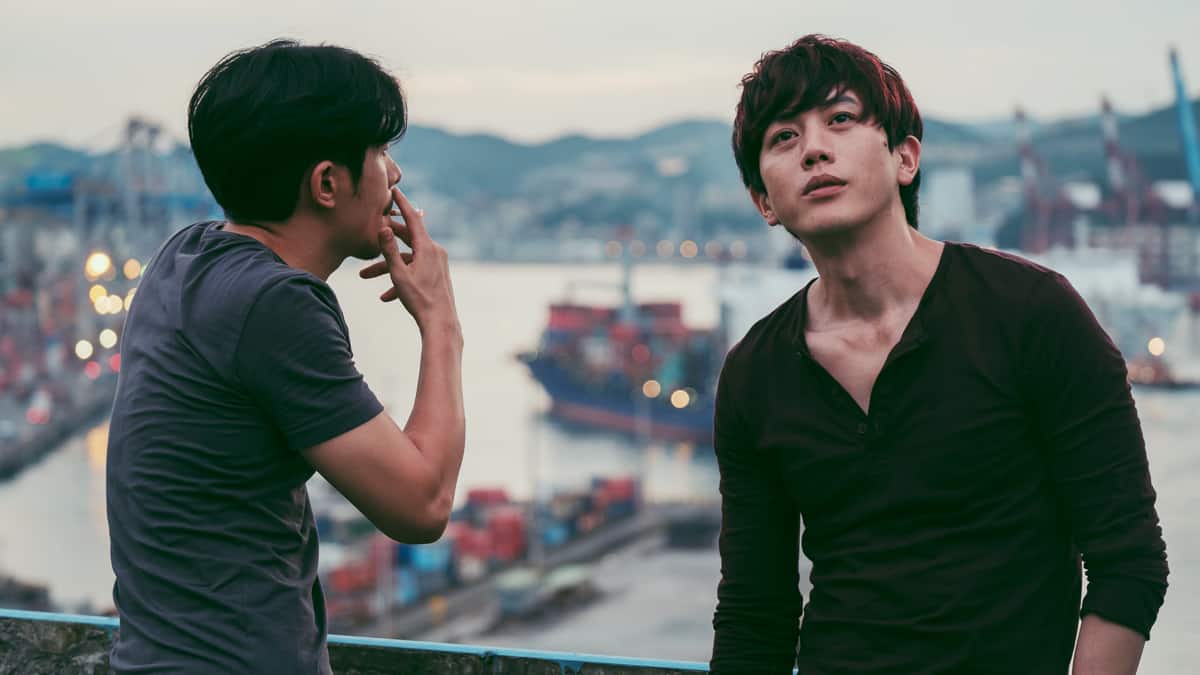
Cheng Yu-chieh creates an intensely intriguing narrative, with his direction finding its apogee in the way he builds a case against Jian-yi in the beginning, only to shatter it completely, through flashbacks, as the story progresses, thus making a rather pointy comment against the concept of quick assumption. Furthermore, the way he mixes the crime film with the social drama is excellent, with the combination of the two resulting in a captivating story that retains interest from beginning to end, particularly due to the many twists revealed throughout. (Panos Kotzathanasis)
7. Detention (2019) by John Hsu
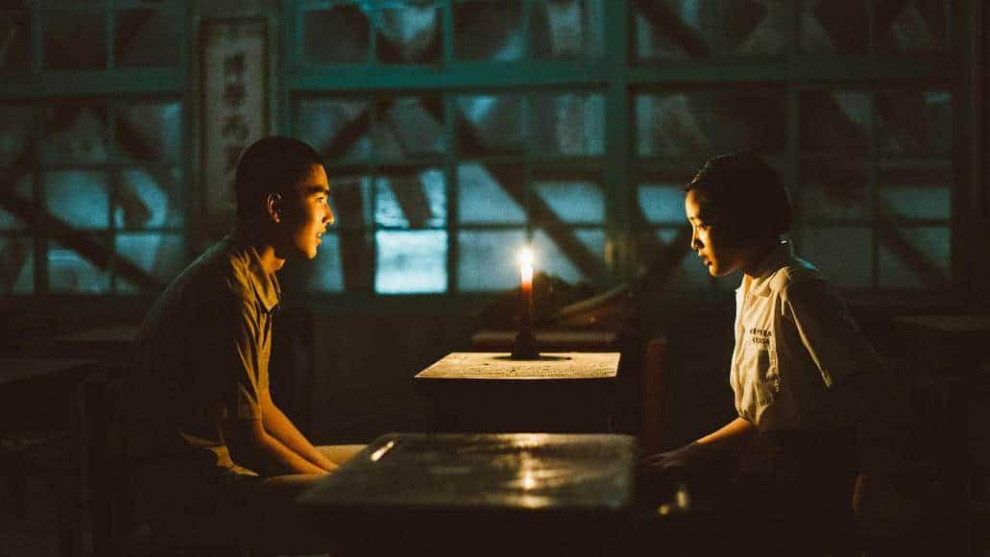
John Hsu directs a film that begins as a thriller/survivalhorror, but using the White Terror period as background, soon becomes a historical political statement about the specific era, through the story of the protagonists. In that fashion, initially the focus is on the monsters roaming the corridors of the school and the two students' efforts to survive, with the part featuring many jump scares and SFX. However, as the flashbacks of the actual events take over, the narrative changes into that of a drama with intense political elements, as the tragic story of Fang and particularly the role her mother's actions played in it are revealed. Since the script is filled with truly shocking plot twists, I would not like to analyze more; however, I can easily say that the atmosphere of the White Terror age and the consequences it had on people, both psychological and in the way their lives was eventually shaped, is highlighted quite thoroughly. (Panos Kotzathanasis)
Buy This Title
on YesAsia
8. Gatao 2: Rise of the King (2018) by Cheng-Kuo Yen
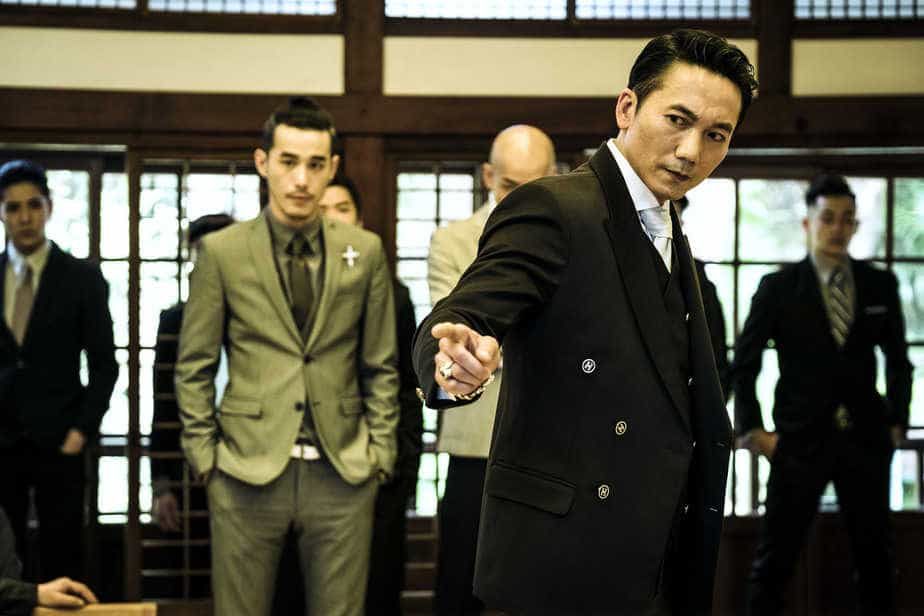
Of course, as a gangster film dedicated to its narrative ancestry, “Gatao 2: Rise of the King” covers familiar thematic ground. Loyalty, brotherhood and family define the cornerstones of the film's script written by Jerry Sun Fa-Jun and Chang Wei-jin. With Wang Shih-hsien and Collin Chou Sui-lung as the two opposing protagonists of the film, the story quickly sets up two contrasting images of the aforementioned topics. While Ren surrounds himself with men who are more like an extension of this own family, in one scene Jian mentions the loneliness in his ivory tower surrounded by men whose loyalty is defined by their paycheck. At the same time, as reviewer Kevin Ma points out, these men spent very little time with their actual families with Cheng Kuo-yen's actresses having very little to do. But then again, perhaps it is only fitting with these character having replaced family with feelings like ambition and rage, or corporate greed in the case of Jian. (Rouven Linnarz)
9. Godspeed (2016) by Chung Mong-hong
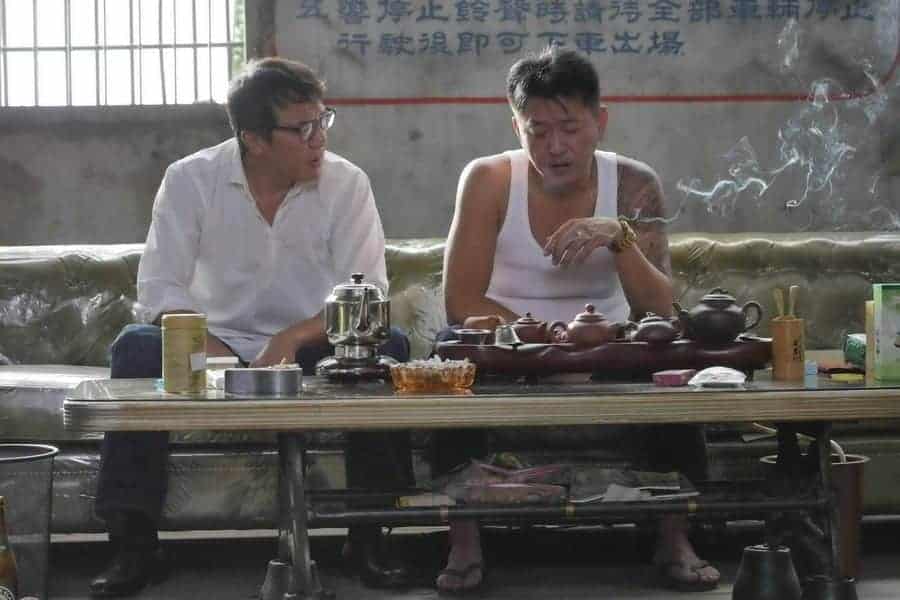
In many ways, Chung's Taiwanese gangsters are direct opposites to their American counterparts. They roam around the margin of the city or the countryside. It seems like they don't live in the city. Even if they do, they definitely don't enjoy the city life too much. Contrast to the claustrophobic framing of the gangster films from the Classical Hollywood era, for instance, at the end of “White Heat”, where Cagney is blocked by the complex industrial architecture, Chung constantly reminds the audience of the expansiveness of the Taiwanese landscape. He constantly uses aerial and wide angle shot to capture the landscape in full. Instead of being portrayed as larger-than-life characters, the main characters are often tiny spots in the frame. I Lin-liu)
Buy This Title
on Amazon by clicking on the image below
10. Heavy Craving (2019) by Hsieh Pei-ju
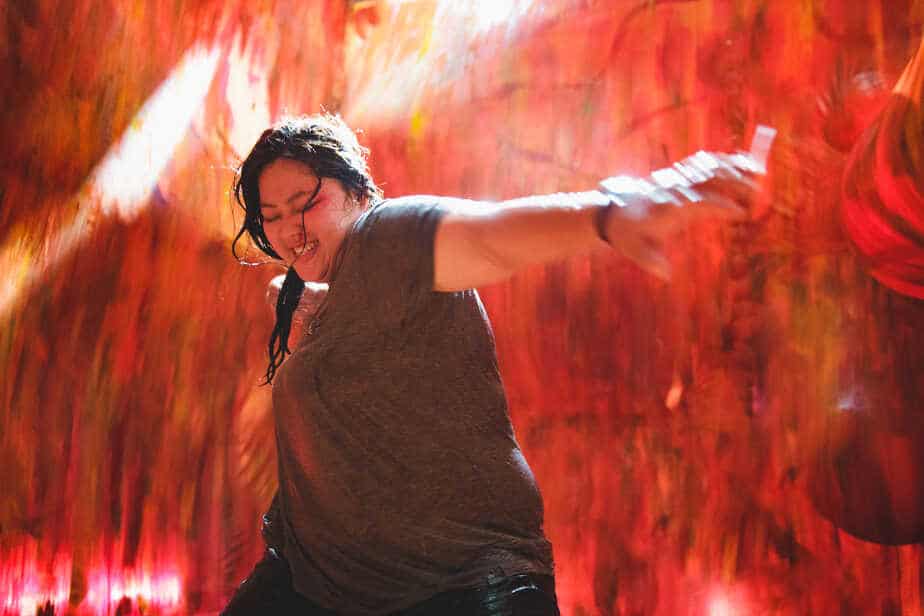
Hsieh Pei-ju directs a film that takes a rather hard swing at the whole concept of the “necessity of being thin”, presenting it and the reasons of its existence, with the darkest colors. The fact that this notion has a deeper root in people's conscience, since the majority seems to care just for outer appearances instead of actual character, is also presented quite eloquently through all the people that surround Ying-juan and the weight-loss institute that also highlights a comment on how capitalism has been taking advantage of these notions (through food “supplements” for example). In this kind of setting, and despite the fact that she seems to be all right with herself and her appearance, she cannot function, in essence, because all the people around her either neglect her (her mother and men) or are simply harsh towards her (almost everyone else). (Panos Kotzathanasis)


